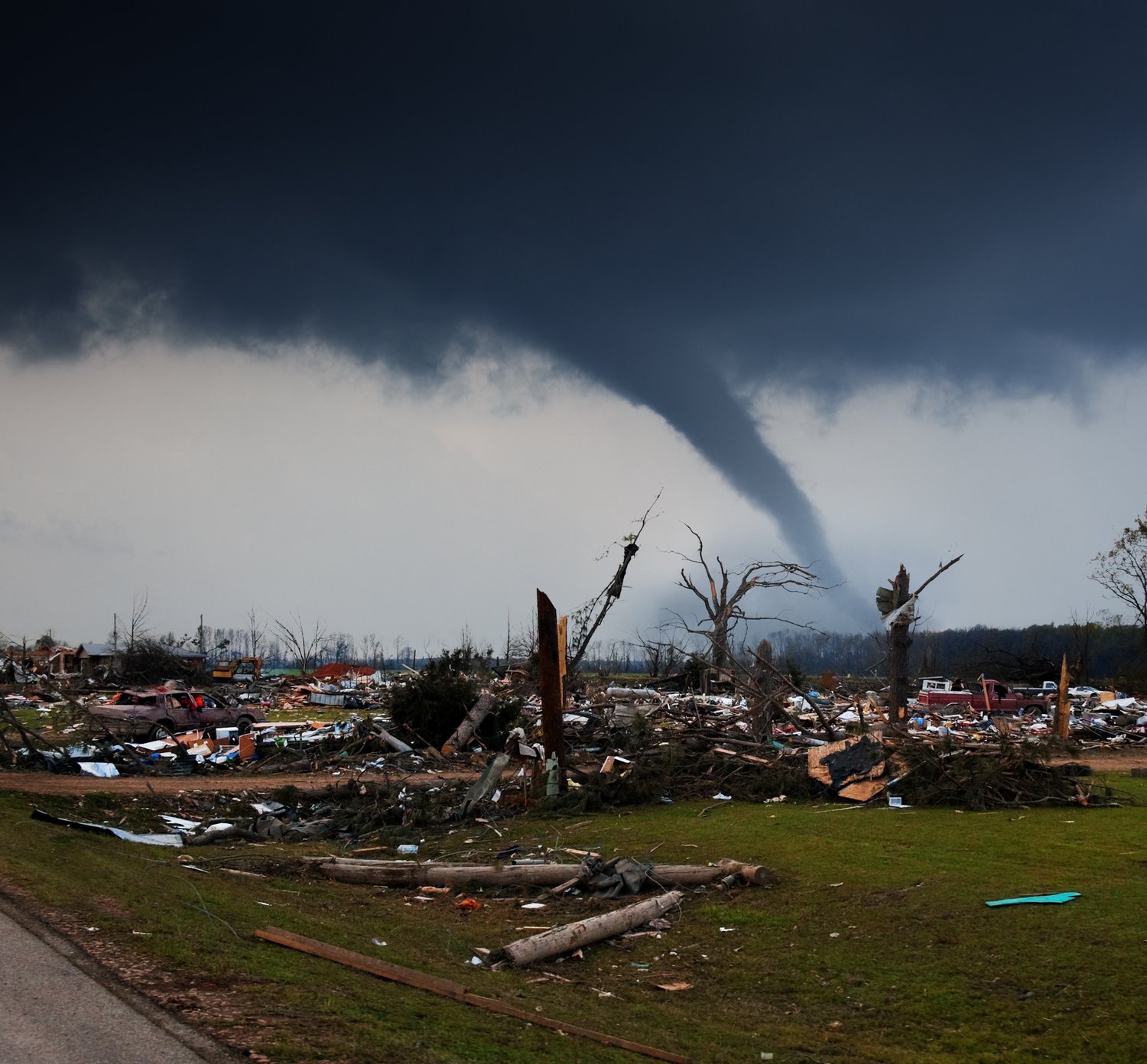“I can’t wait for the next big storm to strike!” … said literally no one ever.
Let’s face it – severe weather sucks. It can happen anytime, anywhere, without any notice. And even if you do get a heads up, storms and the like are predictably unpredictable and can wreak havoc on you, your home and your car.
While there’s no way to be severe-weather proof, you can prepare yourself ahead of time so when the next big weather event occurs, you can minimize the impact as much as possible.
Here are six tips for riding out the next extreme weather event.

